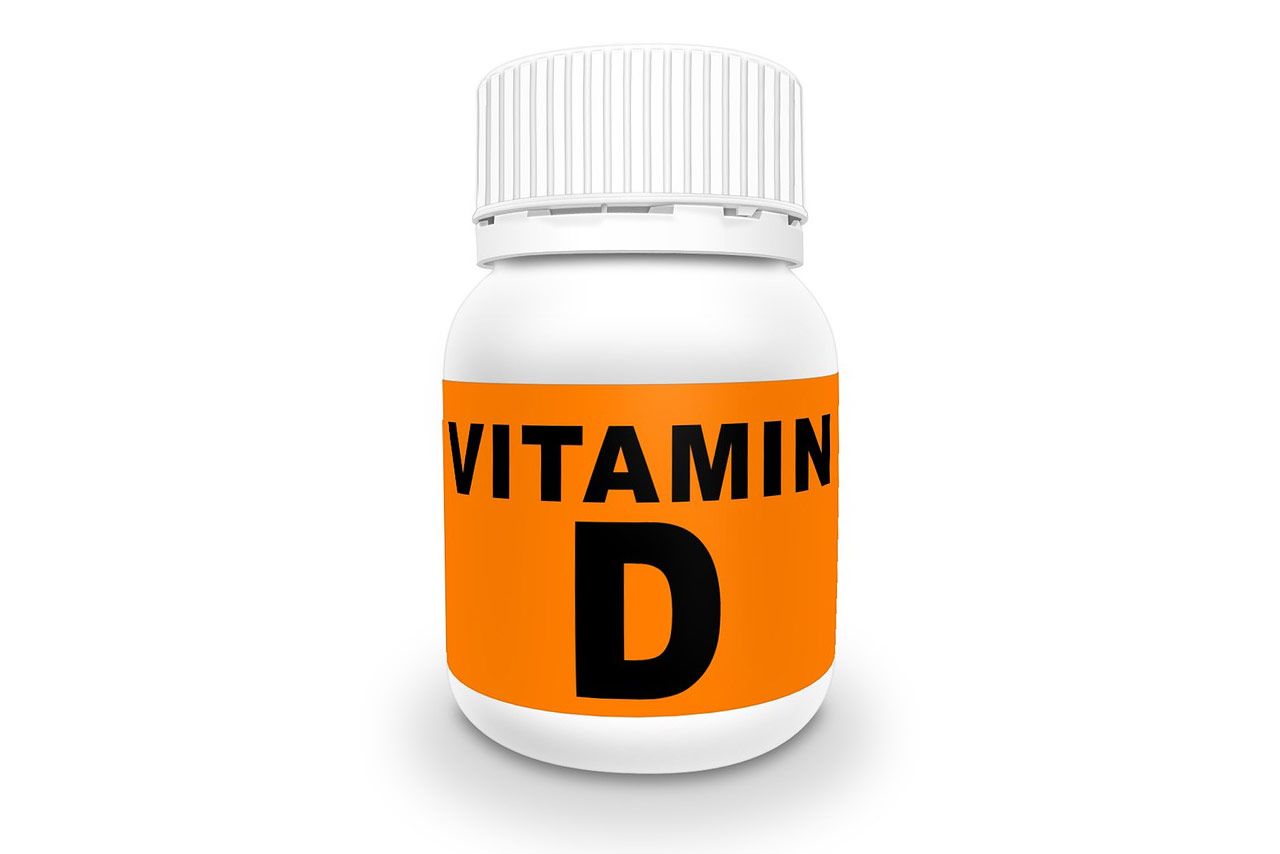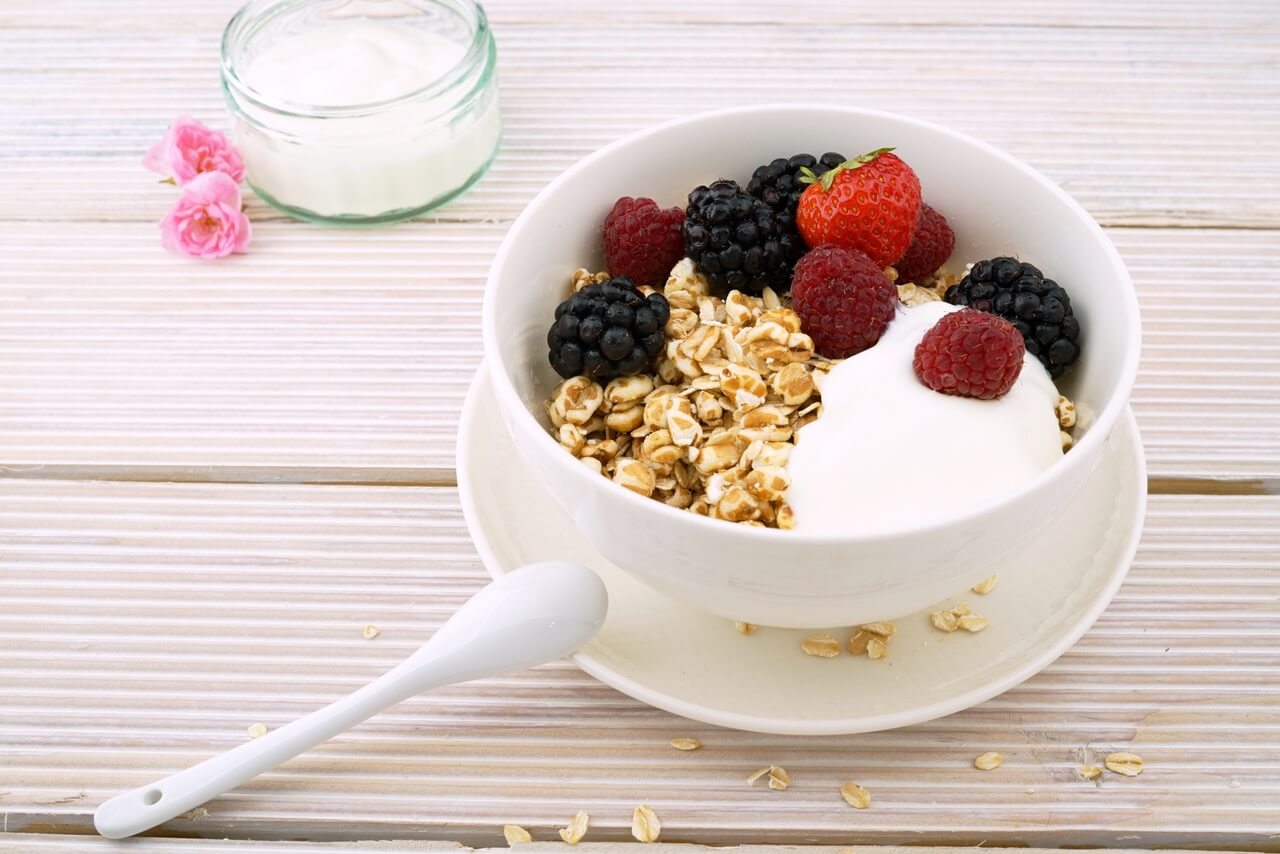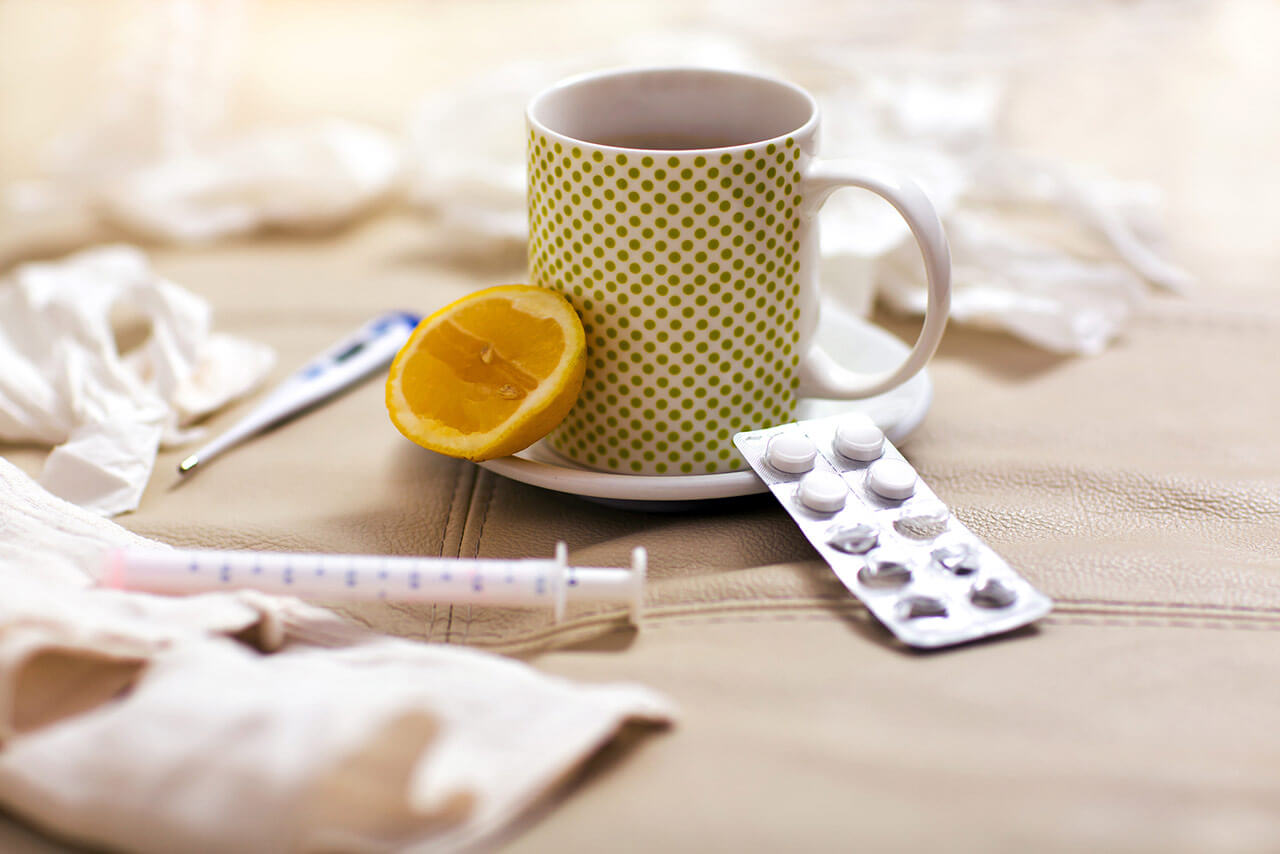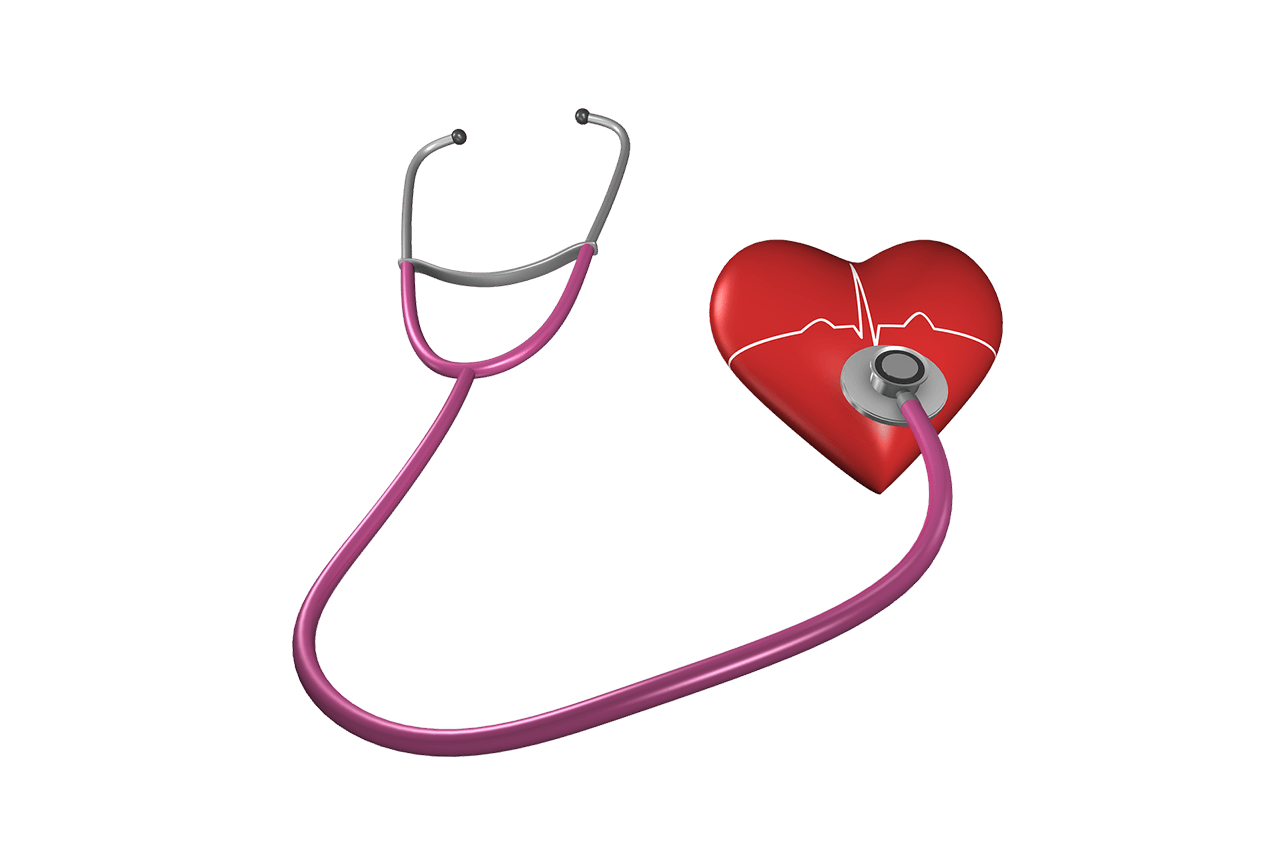Vitamin D is a fat-soluble vitamin which has been extensively studied in recent decades. It is well-established in its importance in regulating blood levels of calcium in the body and bone; it is therefore extremely important in proper bone formation, maintaining bone density, and avoiding osteomalacia and osteoporosis. Recent research has shown that Vitamin D supplementation may also be helpful in preventing, treating, or managing symptoms of numerous other disease states, such as Crohn’s disease, cystic fibrosis, asthma, burn therapy, Celiac disease, depression and Seasonal Affective Disorder (SAD), epilepsy, high blood pressure, low back pain, tension and migraine headaches, diabetes and diabetic neuropathies, alcohol withdrawal, skin disorders (acne, eczema, vitiligo), Parkinson’s Disease and Multiple Sclerosis (MS). It may also help in maintaining healthy immune function during cold and flu season, or in instances where you may be exposed to a number of unfamiliar pathogens, such as during a hospital stay.
An exciting new study conducted in Boston and published in the American Journal of Clinical Nutrition went back and looked at the medical records of 2135 adult patients admitted to two Boston-area teaching hospitals from 1993-2010 (Quraishi S A, 2013 October). All of these patients had had their blood levels of Vitamin D checked before they were admitted to the hospital. They were then followed to see if they developed a common hospital-acquired blood infection during their stay. The patients who entered the hospital with low blood levels of Vitamin D had a significantly higher incidence of contracting the hospital-acquired blood infection. The incidence of infection dropped significantly for patients who had adequate Vitamin D levels at the time they were admitted to the hospital.
Obviously, further study is needed, but the implications here could be far-reaching and encouraging: maintaining adequate levels of Vitamin D could give your immune system the boost it needs to fight off all sorts of insidious infections. If it could be helpful to people in a weakened hospital state to fight off a hospital-borne bacterial blood infection, imagine what kind of boost it could give you in fighting off illnesses in your everyday life.
Some Vitamin D may be found in dietary sources like Cod Liver Oil, egg yolks, and butter. However, most of our Vitamin D is synthesized in a chemical reaction within the body which requires our skin (especially upper torso, arms, and face) to be exposed to sunlight. It is also available in supplement form, usually in doses ranging from 1000-5000 IU. The usual recommended daily dose for adults is 1000-2000 IU per day, although those who live in areas where sunlight is scarce may want to supplement with higher amounts, especially in winter months.
Source
- Quraishi S A, e. a. (2013 October). Association between prehospital vitamin D status and hospital-acquired bloodstream infections. American Journal of Clinical Nutrition, 952-959.











